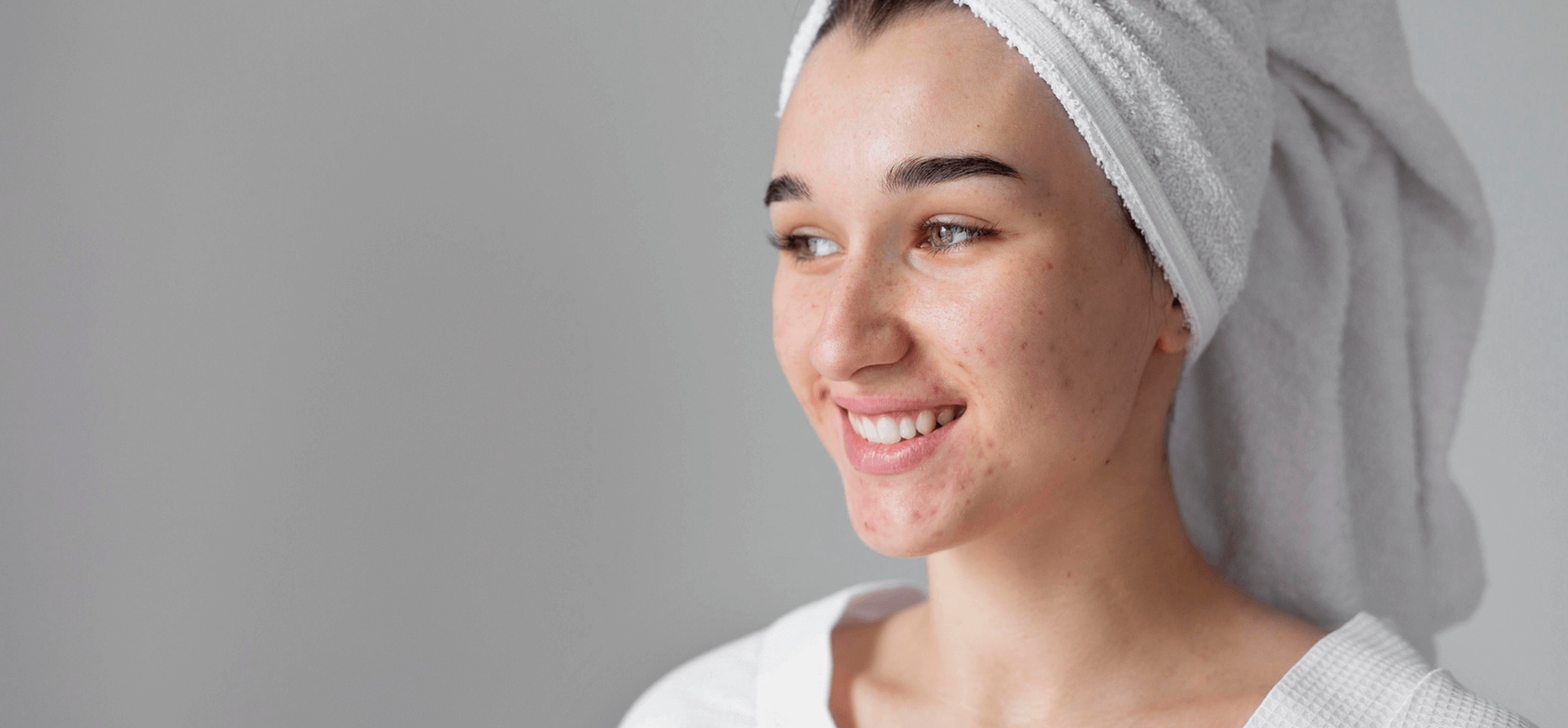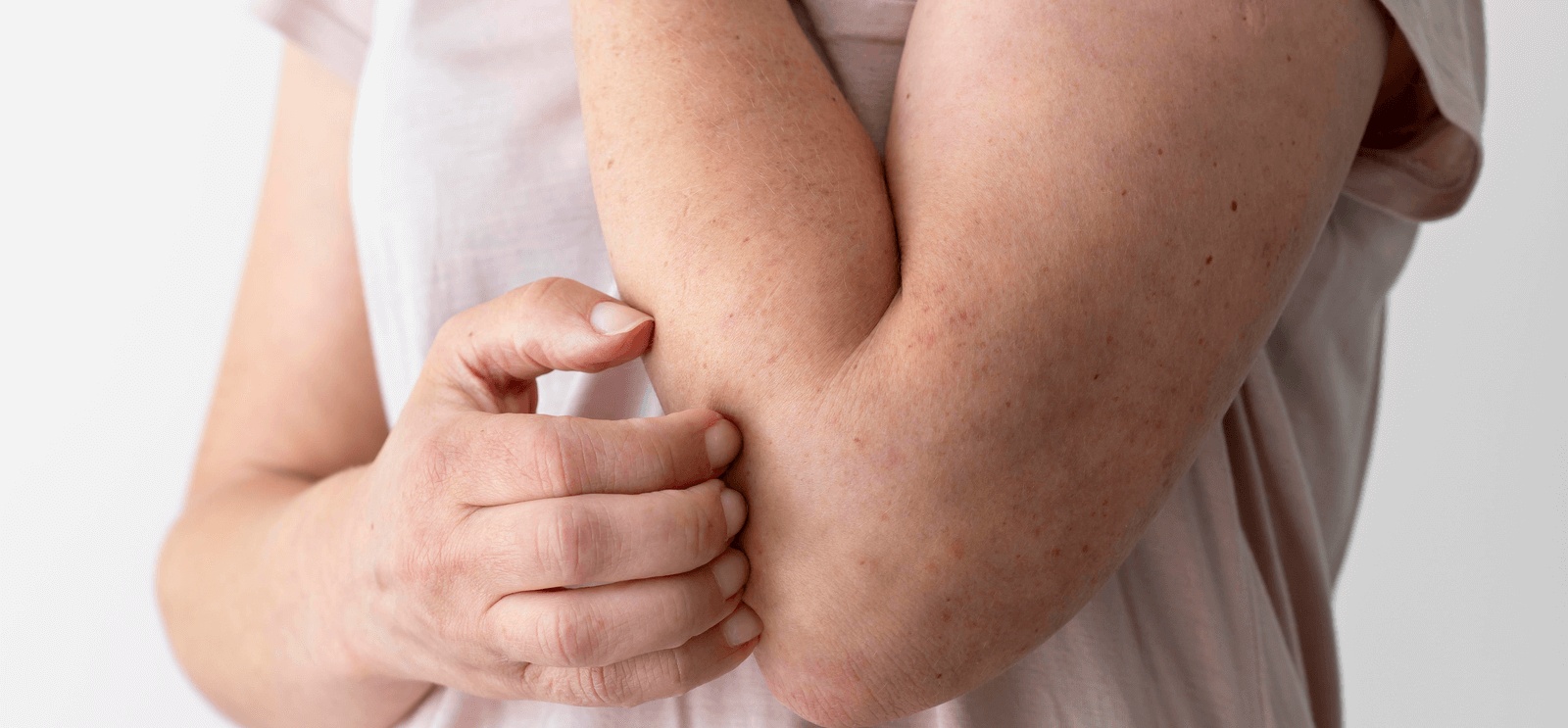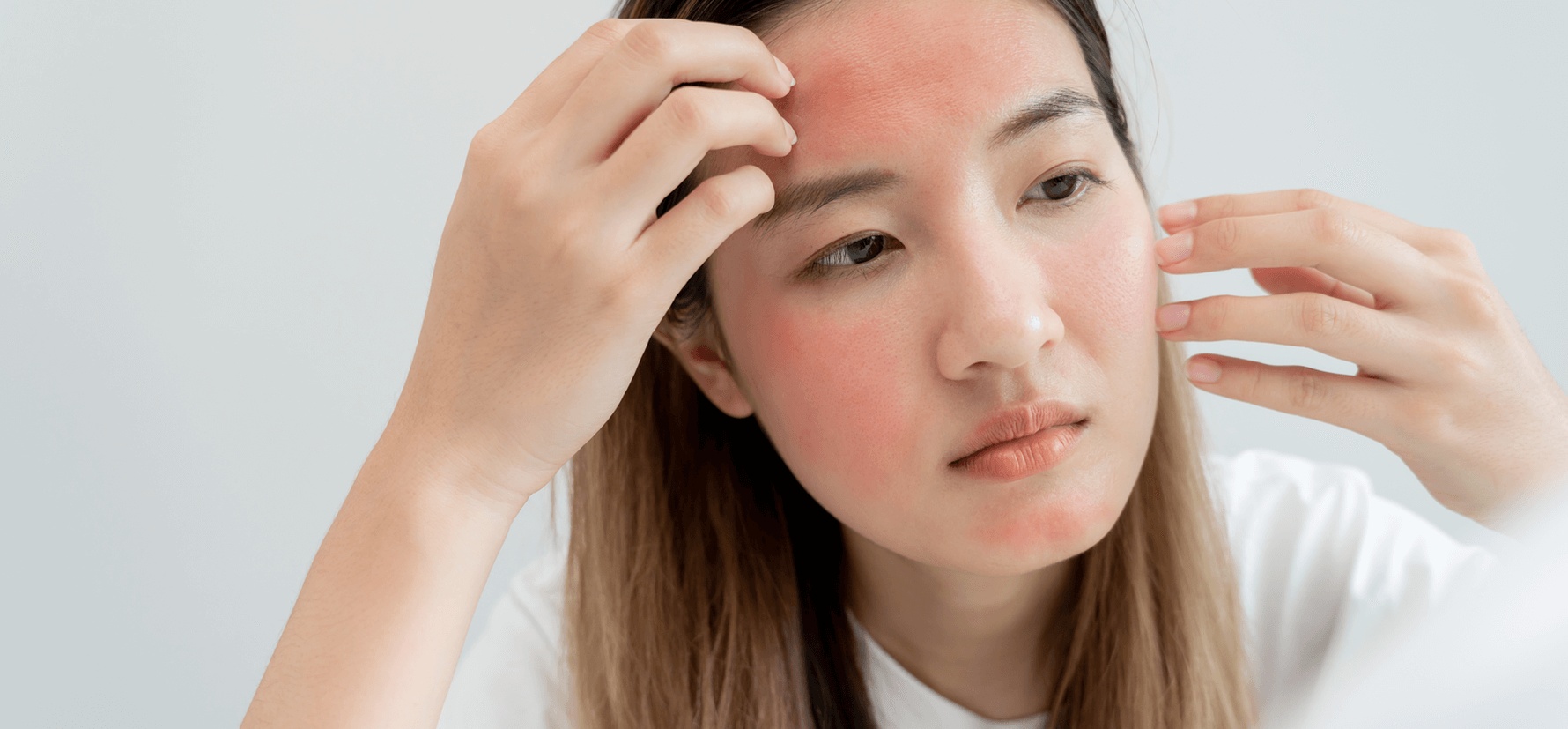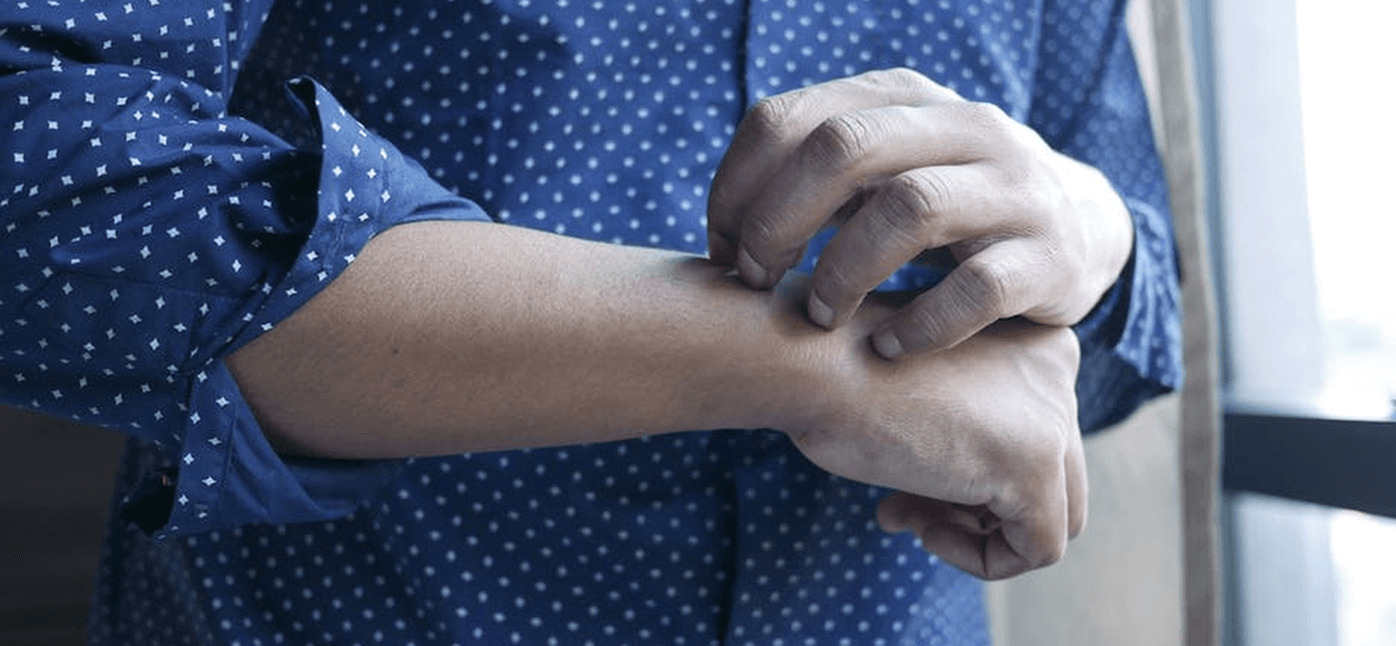The mirror can become a battleground for teenagers grappling with acne. In fact, acne affects approximately 85% of people between the ages of 12 and 24, making it the most common skin condition in the United States.
Behind each pimple lies not just physical discomfort, but also the connection between acne and mental health, as teens with severe acne report higher rates of depression and social withdrawal than their clear-skinned peers. As your child navigates these challenging years, understanding the science of acne and exploring effective treatment options together can transform both their skin and confidence.
Your support matters more than you might realize, and with the right dermatological guidance, your teen can find their path to clearer skin and stronger self-esteem. Continue reading to get science-backed strategies to help your family tackle teen acne head-on, including where to find the best acne treatment in Bend, OR.
Teen Acne: What’s Normal and What’s Not
Acne in teenagers stems primarily from the natural hormonal shifts that occur during puberty. As the body produces more androgens (hormones like testosterone), oil glands beneath the skin become hyperactive, producing excess sebum that can clog pores and create the perfect environment for acne-causing bacteria to thrive.
This biological process explains why nearly all teens experience some form of acne. Still, severity often runs in families, with teens whose parents struggled with acne being more likely to face similar challenges due to genetic predisposition.
Beyond biology, several external factors can worsen breakouts:
- Heightened stress levels trigger hormonal responses that increase oil production.
- Heavy or pore-clogging skincare products can trap bacteria.
- A lack of physical hygiene can cause built-up oil and bacteria to stay on the skin longer than they should, leading to clogged pores.
While research is still evolving, some studies suggest that high-glycemic foods and dairy products may also intensify acne symptoms in some people.
How Can Parents Help with Their Teen's Skincare Routine?
Parents can play an important role in helping teens establish effective skincare habits without adding pressure to an already sensitive situation:
- Start by guiding your teen toward gentle cleansing, including washing their face twice daily with a mild, non-comedogenic cleanser that removes excess oil and impurities without stripping the skin's protective barrier.
- When breakouts occur, resist the urge to point them out, and instead, kindly remind your teen that picking or popping pimples can drive bacteria deeper into the skin, potentially causing inflammation, infection, and permanent scarring that's much harder to treat than the original pimple.
- Many teens, in their eagerness for quick results, apply multiple acne products or scrub aggressively. Parents should help them understand that this approach can actually backfire by irritating the skin and potentially worsening acne. Instead, encourage patience with a consistent and simple routine that allows products time to work.
As parents, your calm and matter-of-fact approach to skincare discussions can help normalize the experience while teaching valuable self-care habits.
When Should a Teen Get Dermatological Advice for Acne?
While mild acne often responds to consistent home care, certain situations signal it's time for professional help. If your teen has diligently used over-the-counter products containing ingredients like benzoyl peroxide or salicylic acid for six to eight weeks without improvement, or if their acne appears deep, painful, or widespread, going to a dermatological clinic can offer stronger solutions tailored to their specific skin needs.
Perhaps most importantly, parents should watch for emotional warning signs. If your teen begins avoiding social situations, shows decreased confidence, appears unusually focused on their skin, or expresses feelings of depression or anxiety about their appearance, don't wait to seek professional help. Getting a dermatological consultation as soon as possible can help.
What Teen Acne Treatments Can Dermatologists Offer?
Seeking care from skincare specialists brings a powerful arsenal of treatments that go well beyond what's available on store shelves. For most teens, the treatment journey can include prescription-strength topical medications or antibiotics that target acne-causing bacteria and reduce inflammation.
For teens with particularly resistant acne, severe cystic lesions, or developing scars, there are in-office procedures tailored to their specific needs, such as:
- Gentle extraction of deeply clogged pores
- Chemical peels that remove damaged surface cells
- Advanced laser therapies that reduce both active inflammation and lingering scars
The key advantage of seeking dermatology care is its ability to combine and customize these approaches based on your teen's unique skin condition, creating a treatment plan that evolves as their skin improves.
Looking for the Best Acne Treatment in Bend, Oregon for Your Teen?
Acne can impact a teen’s confidence. This is why it’s so important for families to feel heard and supported during dermatological treatments. At Snow Dermatology, we take the time to gently assess your child’s skin, listen to their concerns, and create a plan that fits their lifestyle and goals.
Amy Snow, PA-C, and her team of dermatology experts specialize in treating young skin with care, using evidence-based solutions that range from topical treatments to advanced in-office procedures. We also offer a calm, welcoming space where teens feel respected and parents feel informed.
With our expertise in pediatric skin care and a commitment to compassionate service, we’re proud to help Bend families navigate teen acne with clarity and confidence.
Ready to help your teen down their path to clear skin with a visit to the best pediatric dermatology clinic in Bend, OR?


.svg)

.jpg)














